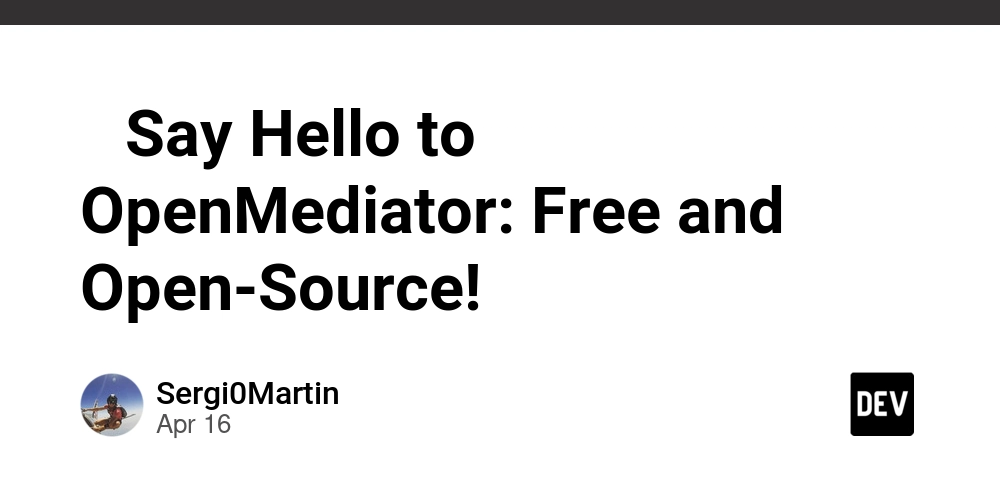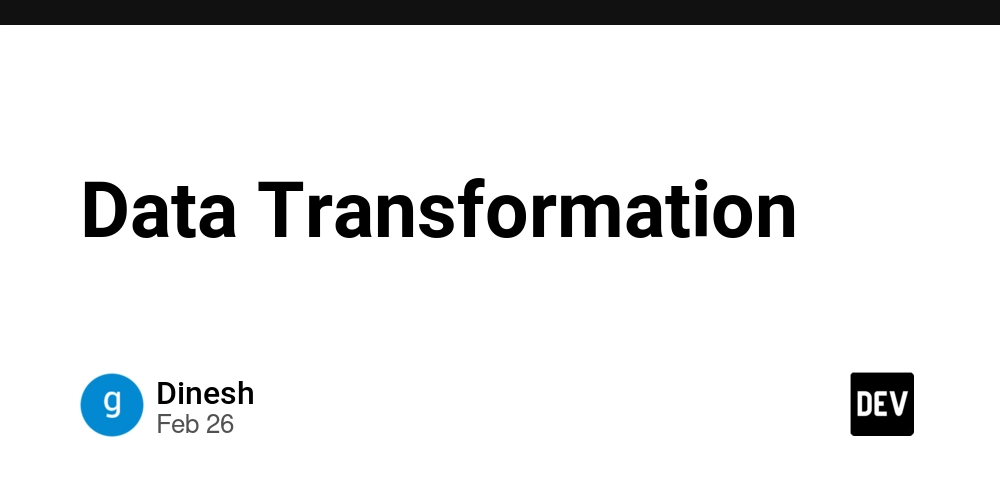Which CMS is Best in 2025? A Complete Comparison Guide
In today’s digital world, content is everything—and managing that content effectively is critical to your brand’s success. Whether you’re running a blog, building an online store, or managing a corporate website, the Content Management System (CMS) you choose plays a vital role in how smoothly your platform runs. As we step deeper into 2025, the CMS landscape continues to evolve with new features, integrations, and user expectations. If you’re wondering which CMS is best for your business, personal project, or enterprise website this year, this guide will walk you through the top contenders and help you choose the one that suits your needs. What to Look for in a CMS in 2025 Before jumping into the list, let’s define the essential features any modern CMS must offer in 2025: 1. User-Friendly Interface Whether you’re a developer or a content creator, the CMS should be intuitive and simple to navigate. 2. Flexibility and Customization The ability to personalize your site through themes, plugins, or custom code is key for standing out. 3. Performance and Speed In a world where speed impacts SEO and user experience, your CMS must deliver lightning-fast page loads. 4. SEO Capabilities Built-in SEO tools or integrations are critical for improving visibility. 5. Scalability Can the CMS grow with your business? It should support small blogs and high-traffic enterprise websites alike. 6. Headless Capabilities More developers and businesses are adopting headless CMS platforms for better performance and cross-channel publishing. Top CMS Platforms in 2025 Let’s take a look at the most widely used and recommended CMS options available this year: 1. WordPress.org – Still the People’s Favorite Why It Stands Out Powers over 40% of all websites globally Thousands of plugins and themes Strong community support Best For: Blogs Small businesses Content-heavy sites Pros Open-source and free Highly customizable Large ecosystem Cons Can be slow without optimization Requires ongoing maintenance WordPress remains a top choice in 2025 due to its balance of power, flexibility, and ease of use. It’s perfect for those who want control without needing to code from scratch. 2. Webflow – The Designer’s CMS Why It Stands Out Combines CMS power with visual web design No-code interface with developer-level control Best For: Creative agencies Designers Portfolio websites Pros Visually stunning results Hosting included SEO-friendly Cons Slight learning curve Limited plugin ecosystem compared to WordPress Webflow is ideal if you want pixel-perfect design without relying heavily on developers. 3. Shopify – The E-Commerce King Why It Stands Out End-to-end e-commerce solution Built-in payments, shipping, and inventory tools Best For: Online stores (small to enterprise) Pros Easy setup Excellent e-commerce tools Secure and scalable Cons Limited content management features Monthly cost + transaction fees If you're looking to sell products, Shopify remains the best CMS for e-commerce in 2025. It offers everything you need—from beautiful storefronts to robust analytics. 4. Ghost – The Minimalist’s Blogging CMS Why It Stands Out Focused purely on content creation Fast, clean, and SEO-optimized Best For: Bloggers Digital publications Creators monetizing content Pros Lightning fast Great for newsletters and memberships Headless capabilities Cons Limited themes and integrations Not ideal for complex sites Ghost is a great alternative if your primary goal is content publishing with a clean, minimalist backend. 5. Sanity – The Headless CMS Favorite Why It Stands Out Developer-first, API-driven content management Used by companies like Nike and Figma Best For: Enterprise sites Mobile apps Multichannel publishing Pros Real-time collaboration Fully customizable Excellent developer support Cons Technical setup required Best for teams with dev resources Sanity is part of the headless CMS revolution. If you're building a future-proof digital product across web, app, and IoT—Sanity delivers. 6. HubSpot CMS – The Marketer’s Dream Why It Stands Out Integrated with HubSpot’s powerful CRM Tailored for inbound marketing Best For: B2B companies Lead generation sites SaaS products Pros Built-in SEO tools Drag-and-drop builder Seamless email and CRM integration Cons Expensive at scale Less flexible for custom design HubSpot’s CMS is perfect for businesses that rely heavily on inbound marketing, lead nurturing, and personalized content journeys. 7. Wix – The All-in-One Beginner CMS Why It Stands Out Extremely beginner-friendly All-in-one website + hosting + design solution Best For: Personal projects Small local businesses DIY entrepreneurs Pros Drag-and-drop design Templates for every niche No maintenance required Cons Less scalable Less control over perfor

In today’s digital world, content is everything—and managing that content effectively is critical to your brand’s success. Whether you’re running a blog, building an online store, or managing a corporate website, the Content Management System (CMS) you choose plays a vital role in how smoothly your platform runs.
As we step deeper into 2025, the CMS landscape continues to evolve with new features, integrations, and user expectations. If you’re wondering which CMS is best for your business, personal project, or enterprise website this year, this guide will walk you through the top contenders and help you choose the one that suits your needs.
What to Look for in a CMS in 2025
Before jumping into the list, let’s define the essential features any modern CMS must offer in 2025:
1. User-Friendly Interface
Whether you’re a developer or a content creator, the CMS should be intuitive and simple to navigate.
2. Flexibility and Customization
The ability to personalize your site through themes, plugins, or custom code is key for standing out.
3. Performance and Speed
In a world where speed impacts SEO and user experience, your CMS must deliver lightning-fast page loads.
4. SEO Capabilities
Built-in SEO tools or integrations are critical for improving visibility.
5. Scalability
Can the CMS grow with your business? It should support small blogs and high-traffic enterprise websites alike.
6. Headless Capabilities
More developers and businesses are adopting headless CMS platforms for better performance and cross-channel publishing.
Top CMS Platforms in 2025
Let’s take a look at the most widely used and recommended CMS options available this year:
1. WordPress.org – Still the People’s Favorite
Why It Stands Out
- Powers over 40% of all websites globally
- Thousands of plugins and themes
- Strong community support
Best For:
- Blogs
- Small businesses
- Content-heavy sites
Pros
- Open-source and free
- Highly customizable
- Large ecosystem
Cons
- Can be slow without optimization
- Requires ongoing maintenance
WordPress remains a top choice in 2025 due to its balance of power, flexibility, and ease of use. It’s perfect for those who want control without needing to code from scratch.
2. Webflow – The Designer’s CMS
Why It Stands Out
- Combines CMS power with visual web design
- No-code interface with developer-level control
Best For:
Creative agencies
Designers
Portfolio websites
Pros
- Visually stunning results
- Hosting included
- SEO-friendly
Cons
- Slight learning curve
- Limited plugin ecosystem compared to WordPress
Webflow is ideal if you want pixel-perfect design without relying heavily on developers.
3. Shopify – The E-Commerce King
Why It Stands Out
- End-to-end e-commerce solution
- Built-in payments, shipping, and inventory tools
Best For:
- Online stores (small to enterprise)
Pros
- Easy setup
- Excellent e-commerce tools
- Secure and scalable
Cons
- Limited content management features
- Monthly cost + transaction fees
If you're looking to sell products, Shopify remains the best CMS for e-commerce in 2025. It offers everything you need—from beautiful storefronts to robust analytics.
4. Ghost – The Minimalist’s Blogging CMS
Why It Stands Out
- Focused purely on content creation
- Fast, clean, and SEO-optimized
Best For:
- Bloggers
- Digital publications
- Creators monetizing content
Pros
- Lightning fast
- Great for newsletters and memberships
- Headless capabilities
Cons
- Limited themes and integrations
- Not ideal for complex sites
Ghost is a great alternative if your primary goal is content publishing with a clean, minimalist backend.
5. Sanity – The Headless CMS Favorite
Why It Stands Out
- Developer-first, API-driven content management
- Used by companies like Nike and Figma
Best For:
- Enterprise sites
- Mobile apps
- Multichannel publishing
Pros
- Real-time collaboration
- Fully customizable
- Excellent developer support
Cons
- Technical setup required
- Best for teams with dev resources
Sanity is part of the headless CMS revolution. If you're building a future-proof digital product across web, app, and IoT—Sanity delivers.
6. HubSpot CMS – The Marketer’s Dream
Why It Stands Out
- Integrated with HubSpot’s powerful CRM
- Tailored for inbound marketing
Best For:
- B2B companies
- Lead generation sites
- SaaS products
Pros
- Built-in SEO tools
- Drag-and-drop builder
- Seamless email and CRM integration
Cons
- Expensive at scale
- Less flexible for custom design
HubSpot’s CMS is perfect for businesses that rely heavily on inbound marketing, lead nurturing, and personalized content journeys.
7. Wix – The All-in-One Beginner CMS
Why It Stands Out
- Extremely beginner-friendly
- All-in-one website + hosting + design solution
Best For:
- Personal projects
- Small local businesses
- DIY entrepreneurs
Pros
- Drag-and-drop design
- Templates for every niche
- No maintenance required
Cons
- Less scalable
- Less control over performance
Wix is a reliable choice for users who prioritize simplicity and speed to launch.
Headless CMS in 2025: A Worthy Mention
Headless CMS platforms are becoming increasingly popular in 2025. They separate content from design and allow you to publish across multiple platforms—web, mobile, app, kiosk, or voice device—using a single backend.
Popular Headless CMS Options
- Contentful
- Sanity
- Strapi
- Storyblok
While these are more developer-oriented, their scalability, performance, and flexibility make them attractive for growing digital businesses.
Real-Life Use Case: When Design Meets Wellness
Let’s say you’re a digital wellness brand looking to build an online presence. You need blog content, a product shop, and a calming user experience that resonates with your niche.
This is where CMS choice matters. Imagine publishing a post on the calming benefits of Chamomile Tea on your blog—do you want a platform like Ghost for lightning-fast blogging or WordPress for its versatile plugin support? Or maybe Shopify is better suited if you're also selling herbal blends.
A CMS doesn’t just manage content—it shapes the entire user journey.
Which CMS is Best for You in 2025?
Ask Yourself:
- Are you a beginner or a developer?
- Is your site content-heavy, store-focused, or design-centric?
- Do you need scalability or a fast launch?
- What’s your budget?
Here’s a quick summary based on your needs:
Use Case > Best CMS
Blogging & content > Ghost or WordPress
E-commerce > Shopify
No-code design > Webflow or Wix
Enterprise apps > Sanity or Contentful
Marketing + CRM > HubSpot CMS
Final Thoughts: Choose with Your Vision in Mind
There’s no one-size-fits-all CMS. The best platform in 2025 is the one that aligns with your goals, skills, and future growth plans. Whether you’re a solopreneur, a growing brand, or a large enterprise, selecting the right CMS means laying a solid foundation for everything you build next.
The digital world is only expanding. Choose wisely, stay flexible, and always prioritize performance, scalability, and user experience.
And just like sipping a calming cup of Chamomile Tea, your CMS should help you breathe easy while bringing your content vision to life.




























![[Webinar] AI Is Already Inside Your SaaS Stack — Learn How to Prevent the Next Silent Breach](https://blogger.googleusercontent.com/img/b/R29vZ2xl/AVvXsEiOWn65wd33dg2uO99NrtKbpYLfcepwOLidQDMls0HXKlA91k6HURluRA4WXgJRAZldEe1VReMQZyyYt1PgnoAn5JPpILsWlXIzmrBSs_TBoyPwO7hZrWouBg2-O3mdeoeSGY-l9_bsZB7vbpKjTSvG93zNytjxgTaMPqo9iq9Z5pGa05CJOs9uXpwHFT4/s1600/ai-cyber.jpg?#)














































































































































![[The AI Show Episode 144]: ChatGPT’s New Memory, Shopify CEO’s Leaked “AI First” Memo, Google Cloud Next Releases, o3 and o4-mini Coming Soon & Llama 4’s Rocky Launch](https://www.marketingaiinstitute.com/hubfs/ep%20144%20cover.png)















































































































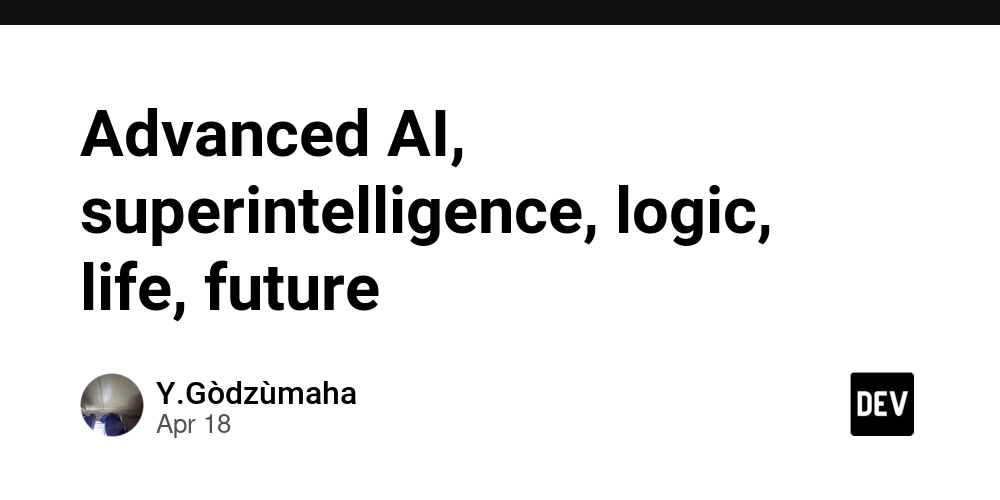
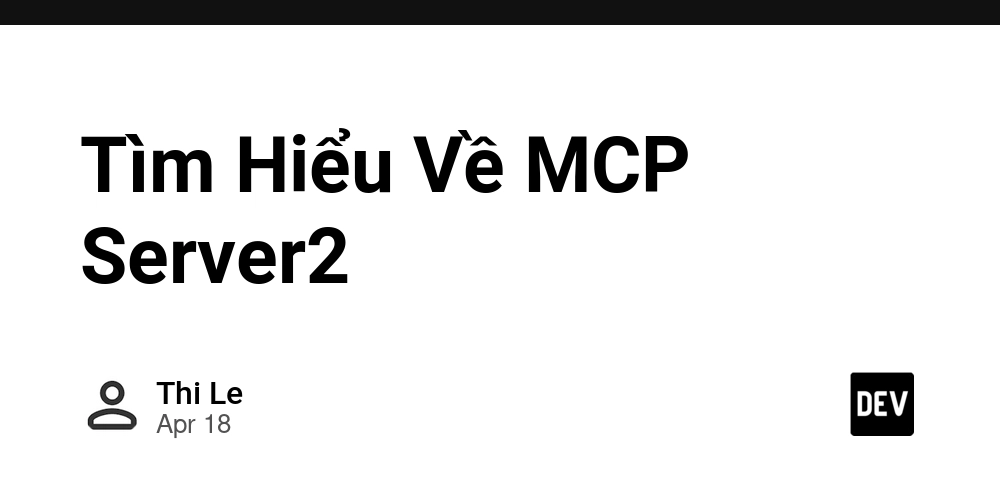
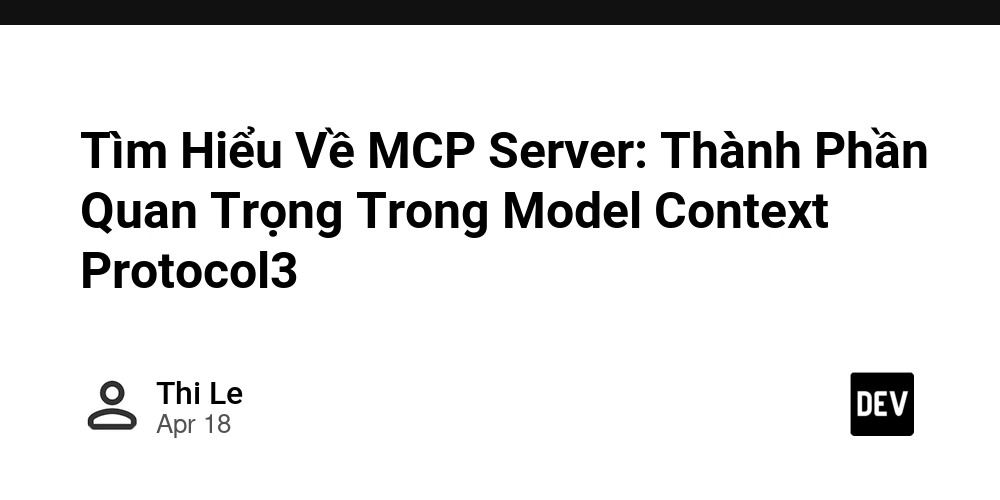


















































































![Rogue Company Elite tier list of best characters [April 2025]](https://media.pocketgamer.com/artwork/na-33136-1657102075/rogue-company-ios-android-tier-cover.jpg?#)








































































_Andreas_Prott_Alamy.jpg?width=1280&auto=webp&quality=80&disable=upscale#)











































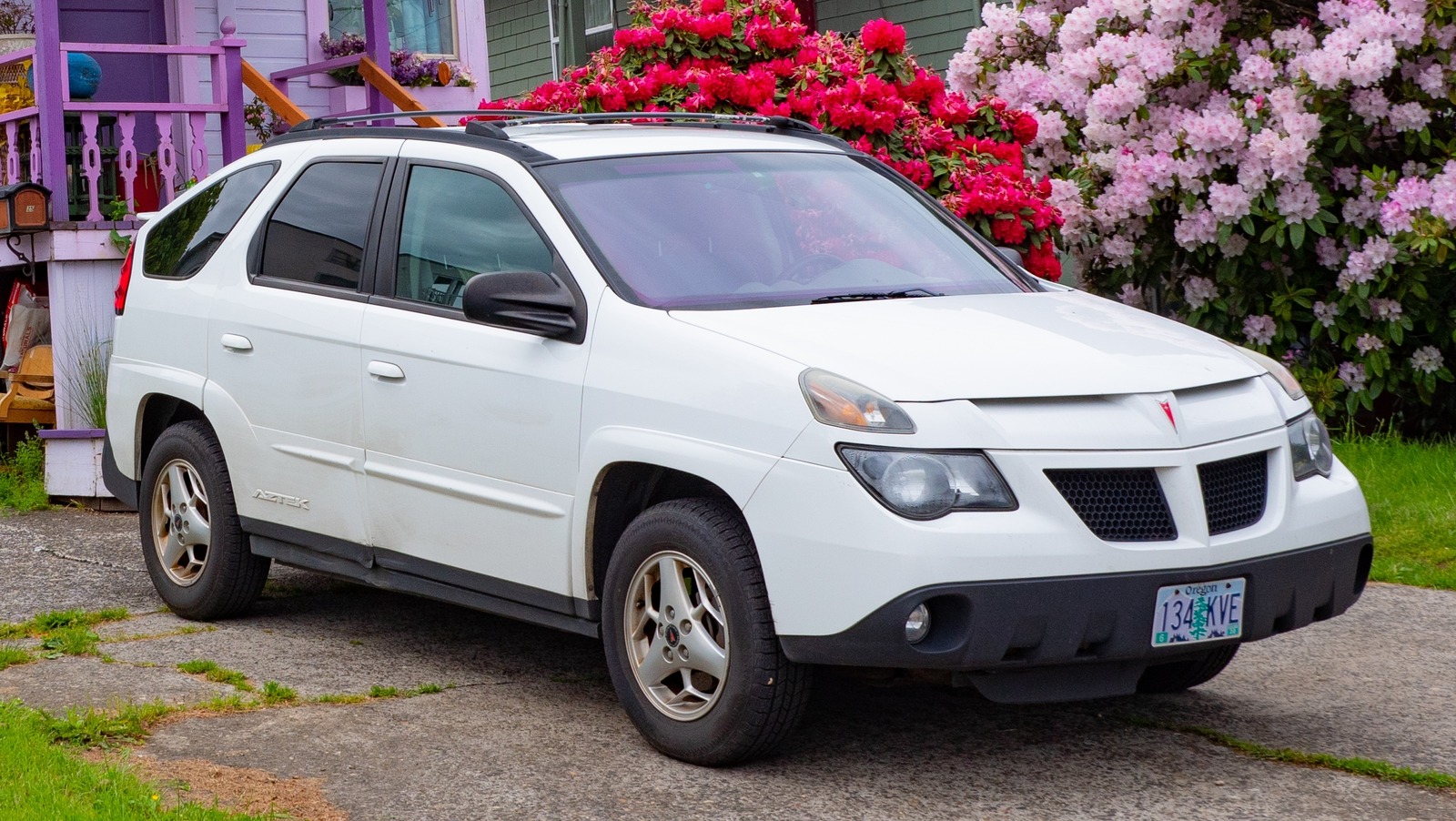










































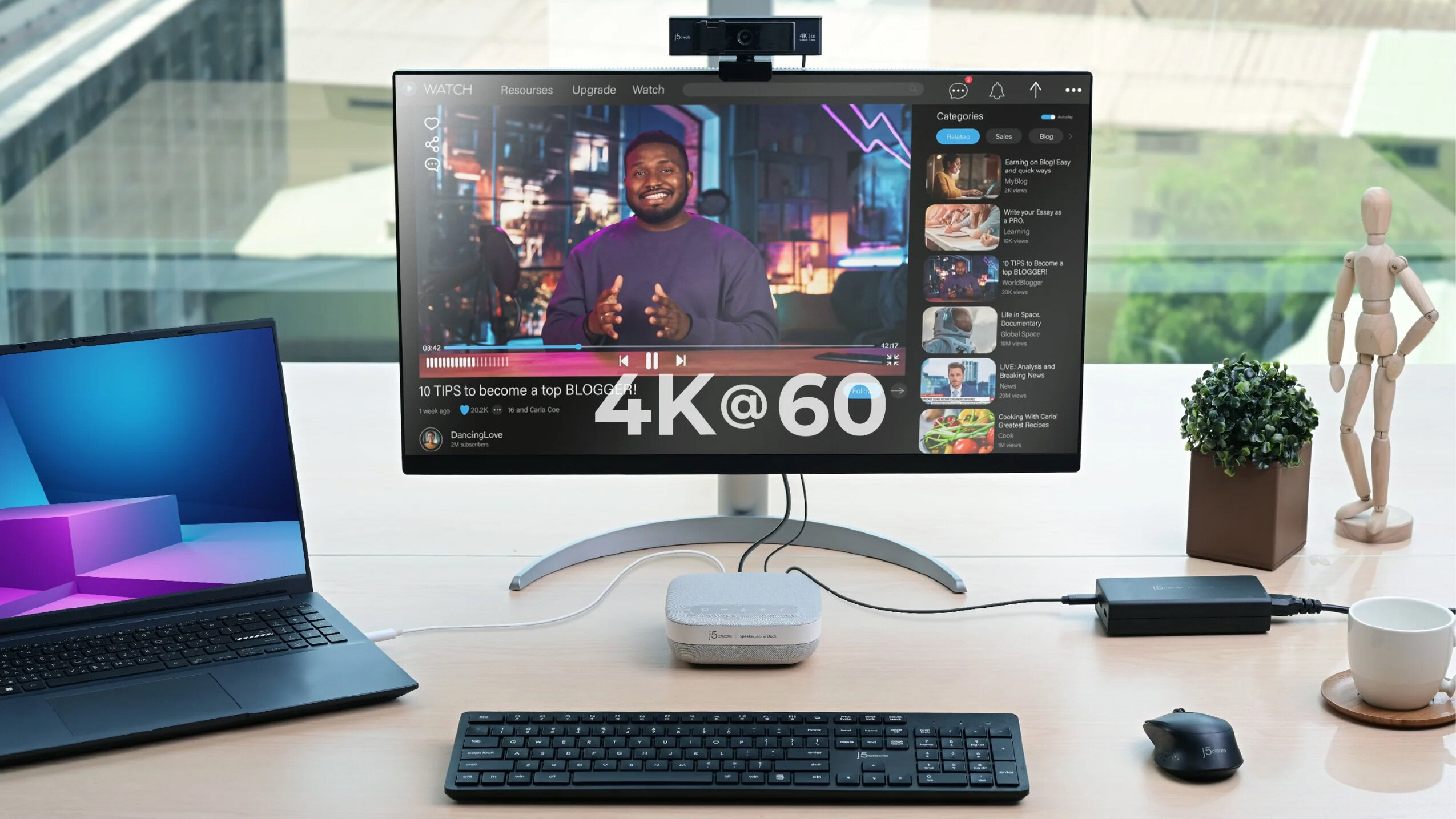















![Apple Watch Series 10 Back On Sale for $299! [Lowest Price Ever]](https://www.iclarified.com/images/news/96657/96657/96657-640.jpg)
![EU Postpones Apple App Store Fines Amid Tariff Negotiations [Report]](https://www.iclarified.com/images/news/97068/97068/97068-640.jpg)
![Apple Slips to Fifth in China's Smartphone Market with 9% Decline [Report]](https://www.iclarified.com/images/news/97065/97065/97065-640.jpg)
































































































































